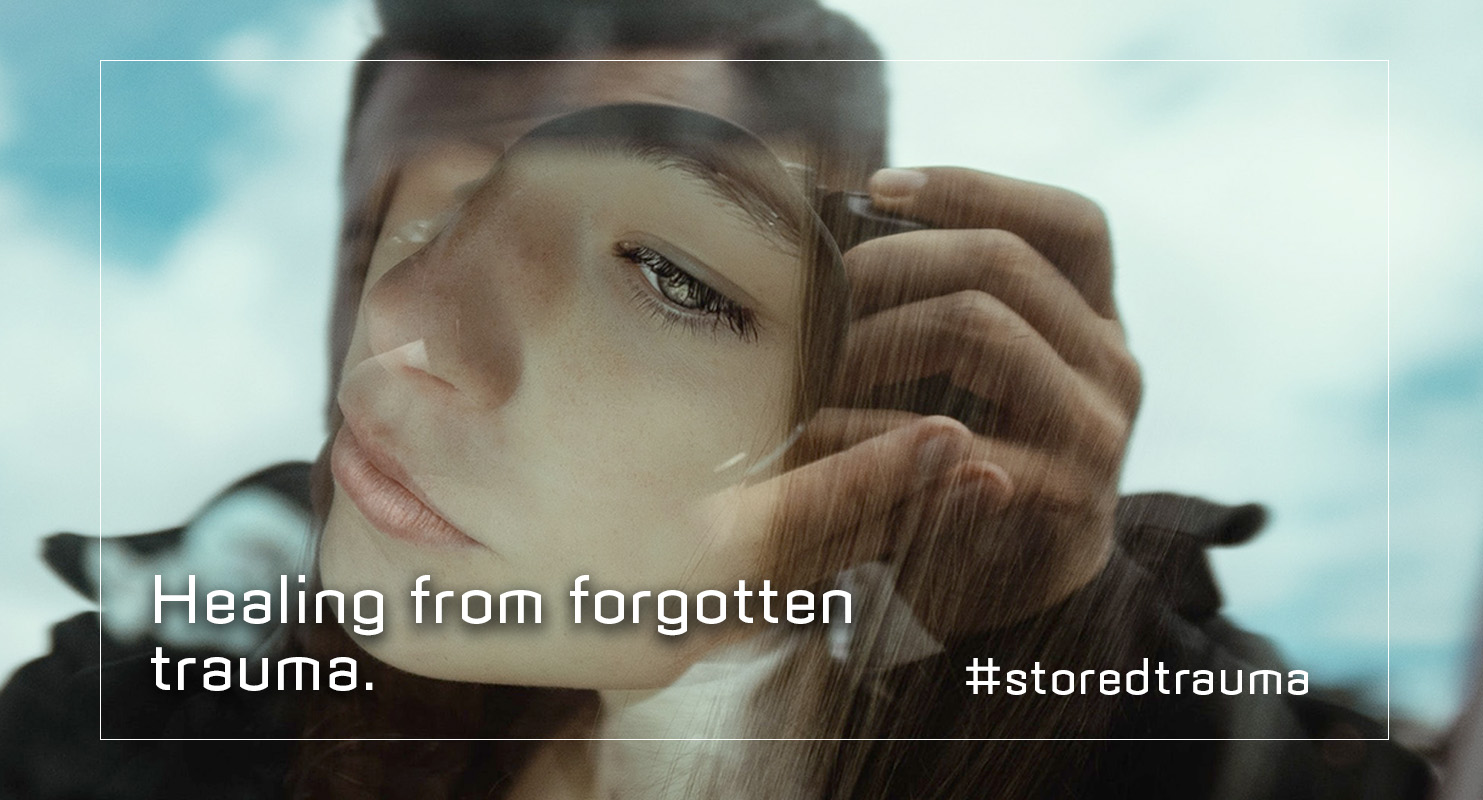Healing from forgotten trauma
- Get link
- X
- Other Apps
Understanding Complex Trauma: Complex trauma refers to a type of prolonged and repetitive traumatic experience that occurs typically during childhood. Unlike a single traumatic event, such as a car accident or natural disaster, complex trauma involves ongoing abuse, neglect, or other adverse experiences that often occur within the family or caregiving system.
The Impact of Unconscious Memories: One of the distinctive characteristics of complex trauma is that the traumatic memories may be inaccessible or fragmented, existing outside of conscious awareness. Unconscious memories can exert a profound influence on an individual's emotions, thoughts, and behaviors, even if they cannot be explicitly recalled. These buried traumas can manifest in various ways, such as unexplained anxiety, relationship difficulties, self-destructive behavior, or a persistent sense of shame.
Healing from Unremembered Trauma: Healing from complex trauma involves a multifaceted and compassionate approach that acknowledges the existence of unconscious memories and their potential impact on an individual's life. Here are some strategies that can assist in the healing process:
Establishing Safety and Stability: Creating a sense of safety and stability is crucial for survivors of complex trauma. This may involve seeking support from trusted friends, family, or mental health professionals who specialize in trauma therapy. Developing healthy coping mechanisms and self-care practices can also contribute to building a foundation of stability.
Psychotherapy and Trauma-Informed Care: Engaging in therapy with a trauma-informed professional can be instrumental in navigating the complexities of unremembered trauma. Therapies such as Eye Movement Desensitization and Reprocessing (EMDR), somatic experiencing, and cognitive-behavioral therapy (CBT) can help process trauma on both conscious and unconscious levels.
Mindfulness and Self-Reflection: Mindfulness practices, such as meditation and deep breathing exercises, can facilitate a deeper connection with the self and cultivate awareness of bodily sensations, emotions, and triggers. Self-reflection through journaling or creative expression allows for exploring emotions and experiences that may have been suppressed.
Integrative Approaches: Complementary approaches like yoga, art therapy, acupuncture, or massage can complement traditional therapy modalities, promoting relaxation, body awareness, and the release of stored trauma.
Self-Compassion and Patience: Healing from unremembered trauma is a non-linear and highly individual process. It is essential to cultivate self-compassion and practice patience throughout the journey, understanding that healing may take time and setbacks are a natural part of the process.
Complex trauma is a challenging aspect of psychological well-being, often leaving individuals grappling with wounds they may not consciously remember. However, by acknowledging the existence of unconscious memories and employing various therapeutic strategies, it is possible to heal and reclaim a sense of wholeness. With compassionate support, self-reflection, and an array of therapeutic approaches, individuals can embark on a transformative journey of healing, bringing light to the shadows of forgotten traumas and reclaiming. Call us today. We can help.
- Get link
- X
- Other Apps




Comments
Post a Comment